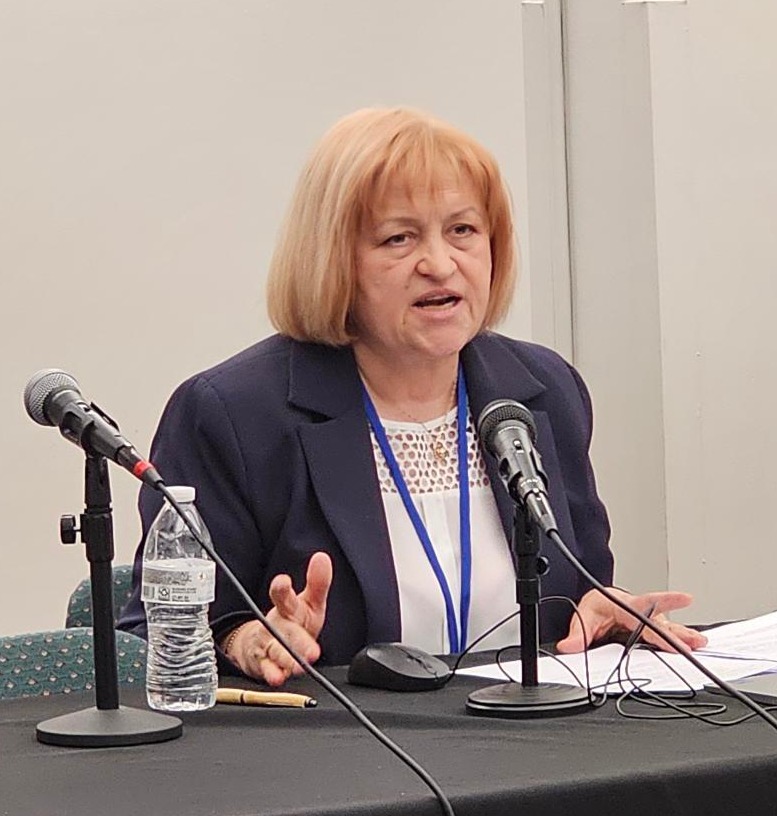Gender Responsive Budgeting: Delivering on Gender Equality Commitments in Multilaterals’ External Financing

On March 22, 2024, Keystone Human Services International (KHSI) partnered with Gender Budget Watchdog Network (GBWN) to co-host a parallel event at the United Nation’s 68th Session of the Commission on the Status of Women (CSW68), aligning with the CSW68 theme of “Accelerating the achievement of gender equality and empowerment of all women and girls by addressing the poverty and strengthening institutions and financing with a gender perspective.”
The parallel event, entitled “Gender Responsive Budgeting: Delivering on Gender Equality Commitments in Multilaterals’ External Financing,” focused on presenting and further identifying recommendations for improving gender-responsive budgeting in development cooperation external financing. Speakers included Cibele Cesca, Organization for Economic Co-operation and Development (OECD); Nicole Farnsworth, Kosova Women’s Network and Gender Budget Watchdog Network (GBWN); Dr. Ludmila Malcoci, Keystone Moldova and Keystone Human Services International (KHSI); Christina Summer, Austrian Development Agency; Dr. Monjurul Kabir, UN Women; Samah Krichah, UK Women’s Budget Group; Mary Collins, European Women’s Lobby.
Dr. Ludmila Malcoci, Keystone Human Services International Regional Director for Central and Eastern Europe and Executive Director of Keystone Moldova, analyzed the intersectionality of gender and disability inclusive budgeting in multilateral agencies, highlighting the need to include people with disabilities.
To promote the implementation of inclusive practices, her recommendations include:
- Constant monitoring of gender equality and equity for people with disabilities within the Sustainable Development Goals in all countries
- Mandatory inclusion of disability indicators in all development projects
- Correlation of disability and gender indicators with budgets to clearly highlight the funding allocated to these groups
- Improving the transparency of projects by publishing gender and disability indicators and financial details
- Evaluation of the impact of projects on women and people with disabilities, within the context of gender and disability indicators
This discussion is part of the larger conversation around disability-inclusive practices and policies as a critical component not just within government systems but also within development initiatives.


